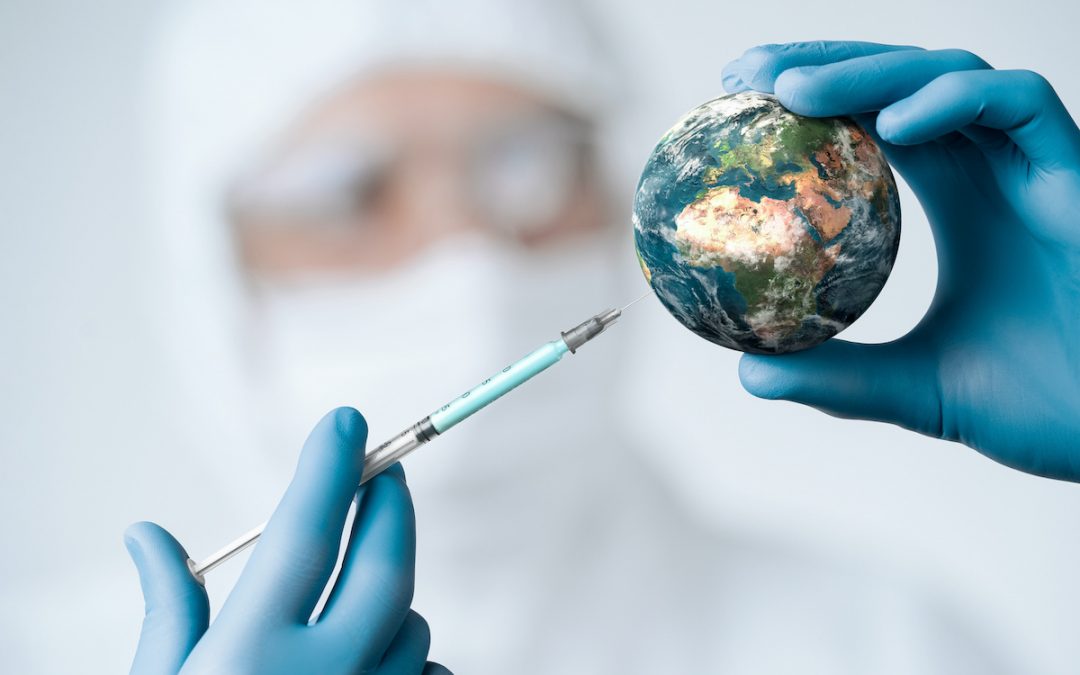A global pandemic calls for global response: The importance of equitable global vaccine distribution
by Dr. Seleem R. Choudhury | Mar 11, 2021 | ACHE, COVID-19, Development, Executive Coaching, General, Healthcare Industry, Leadership, Organizational Heaalth, Planning, Tips

